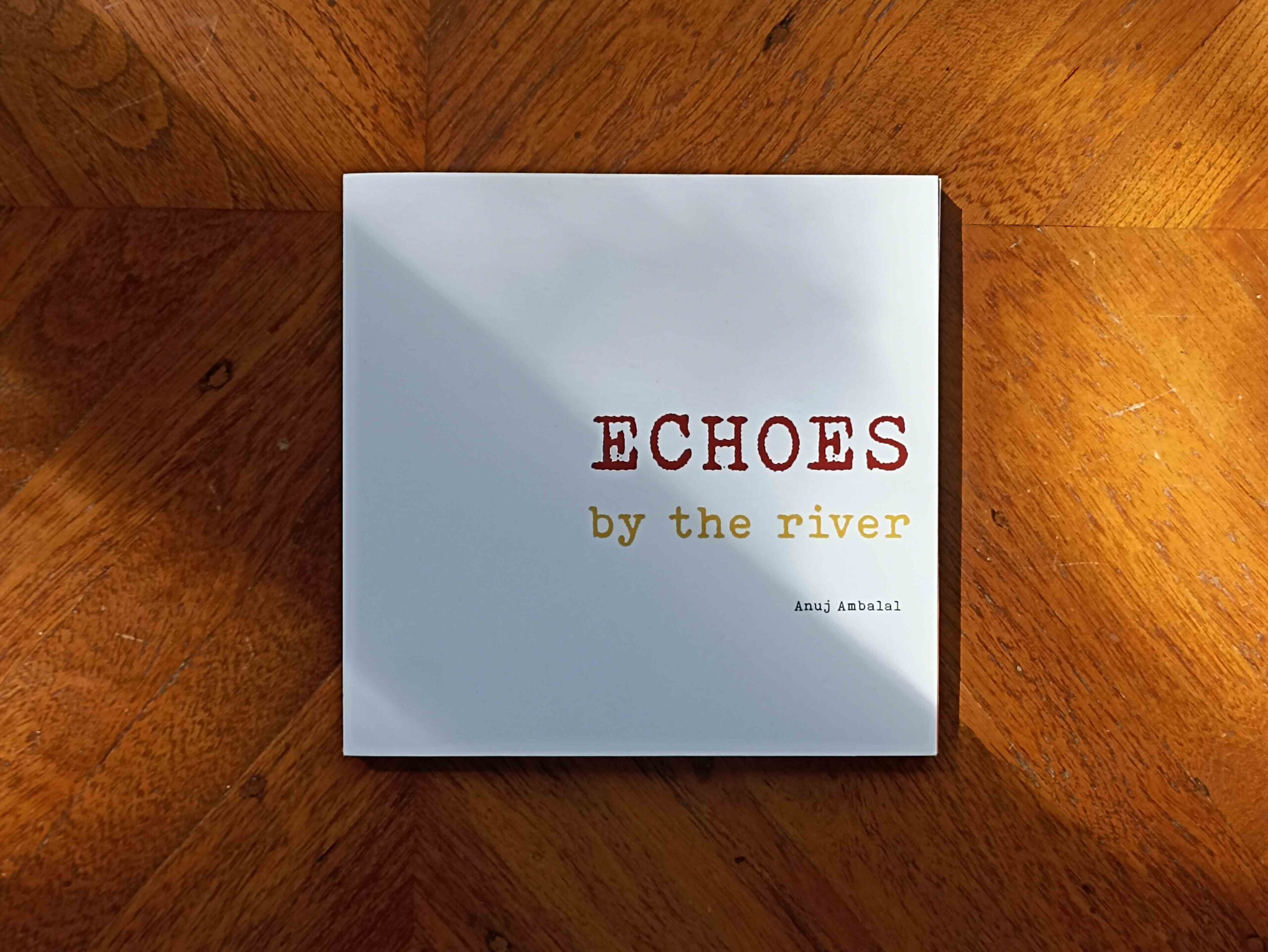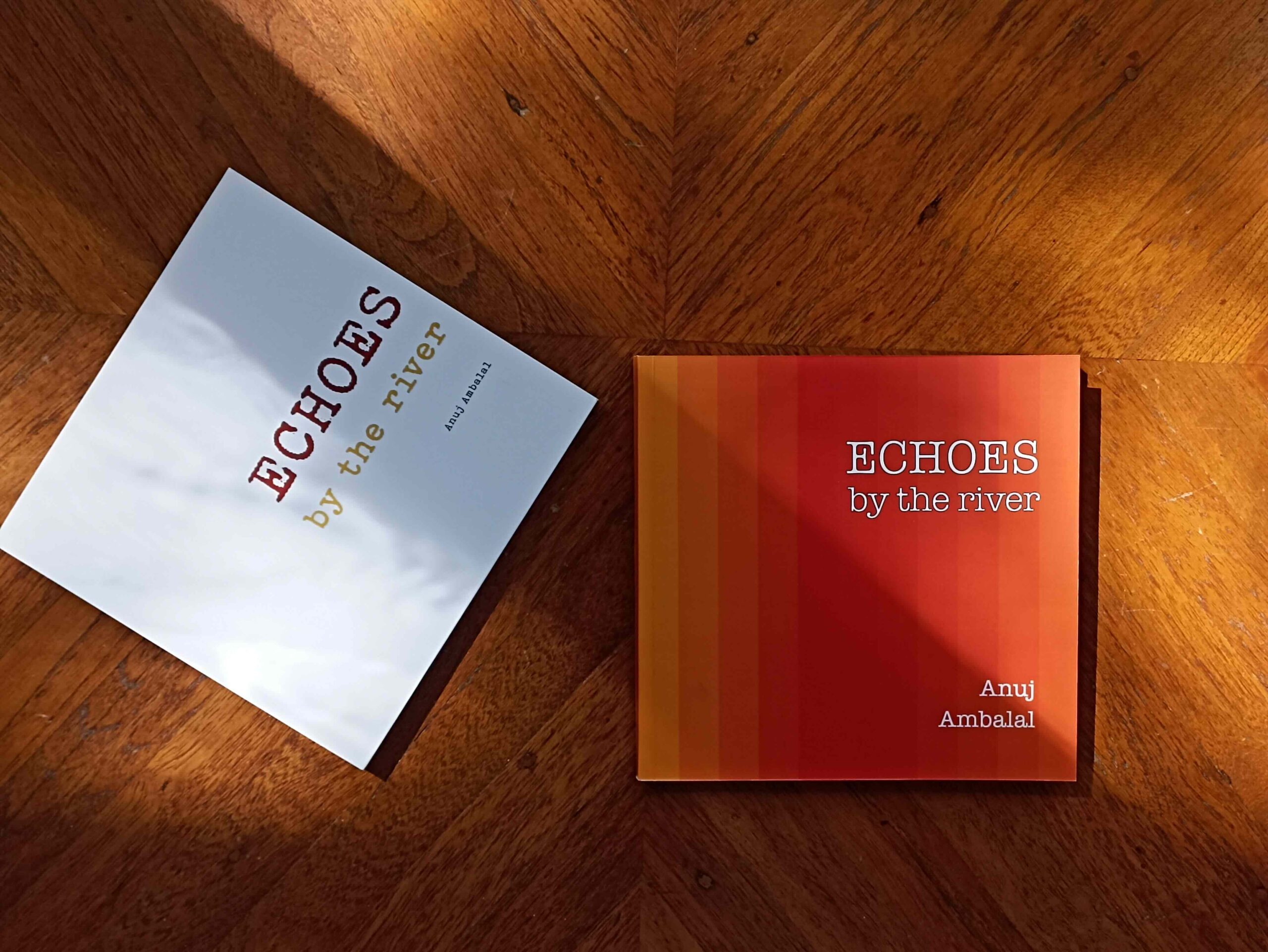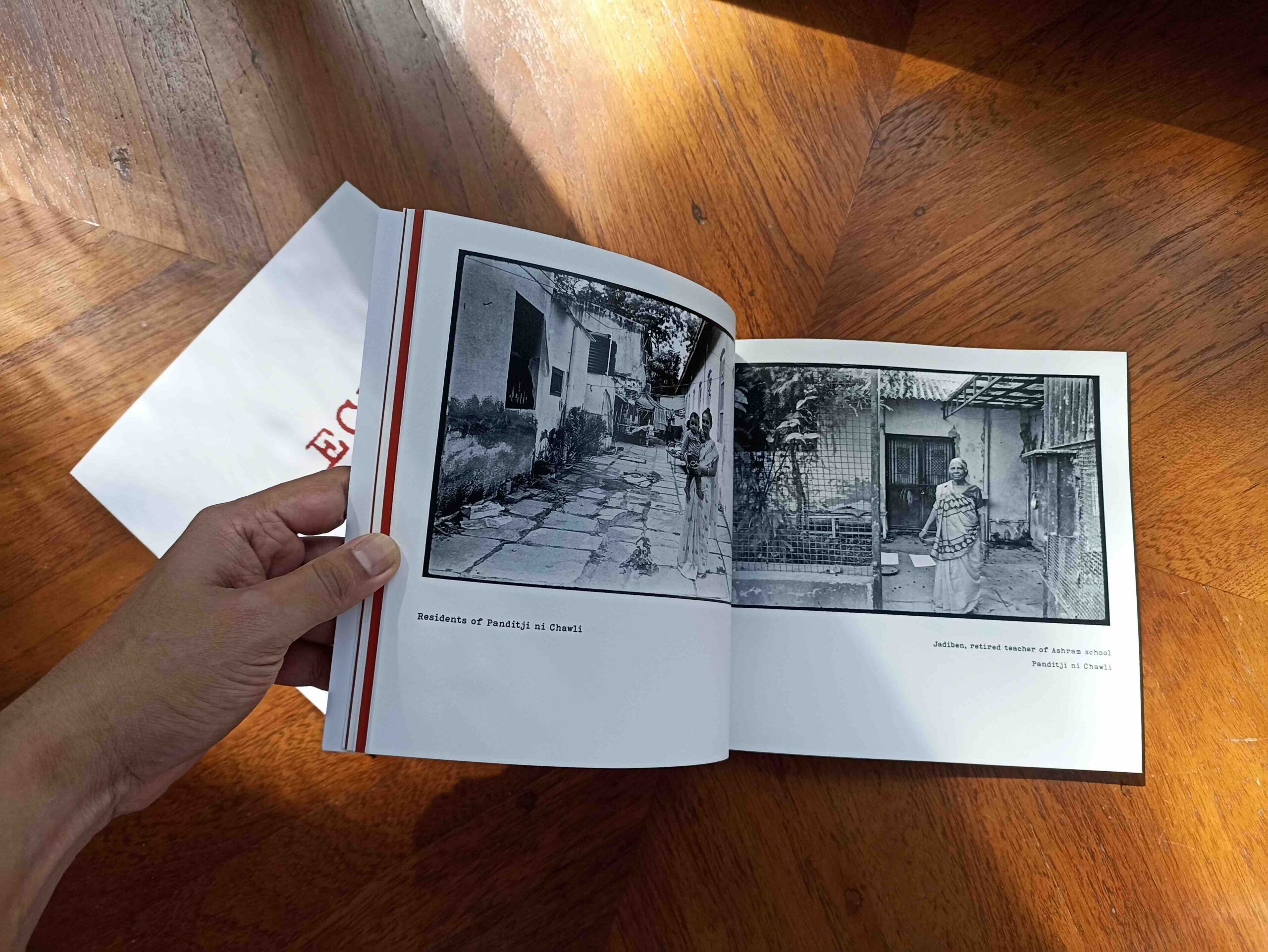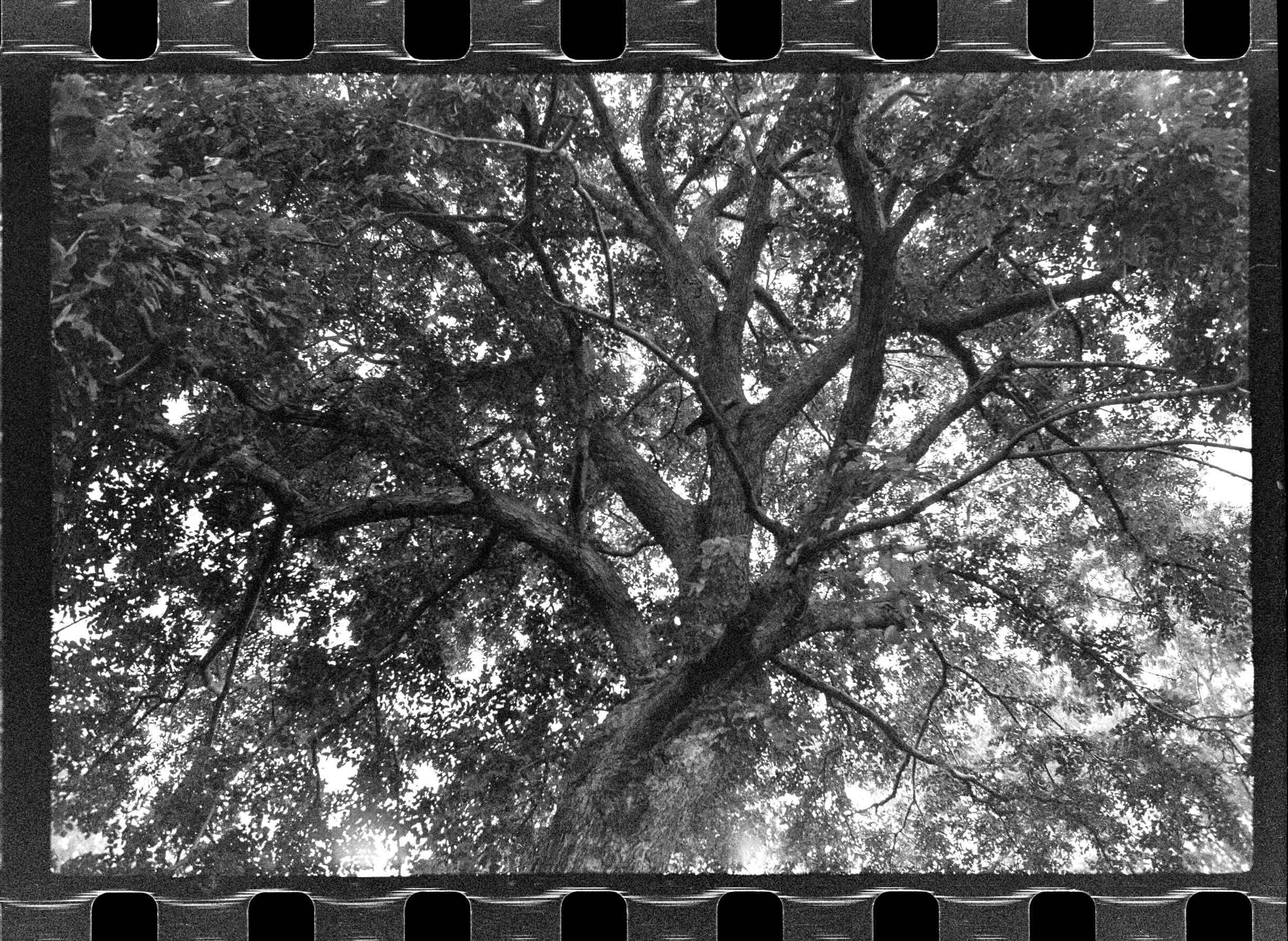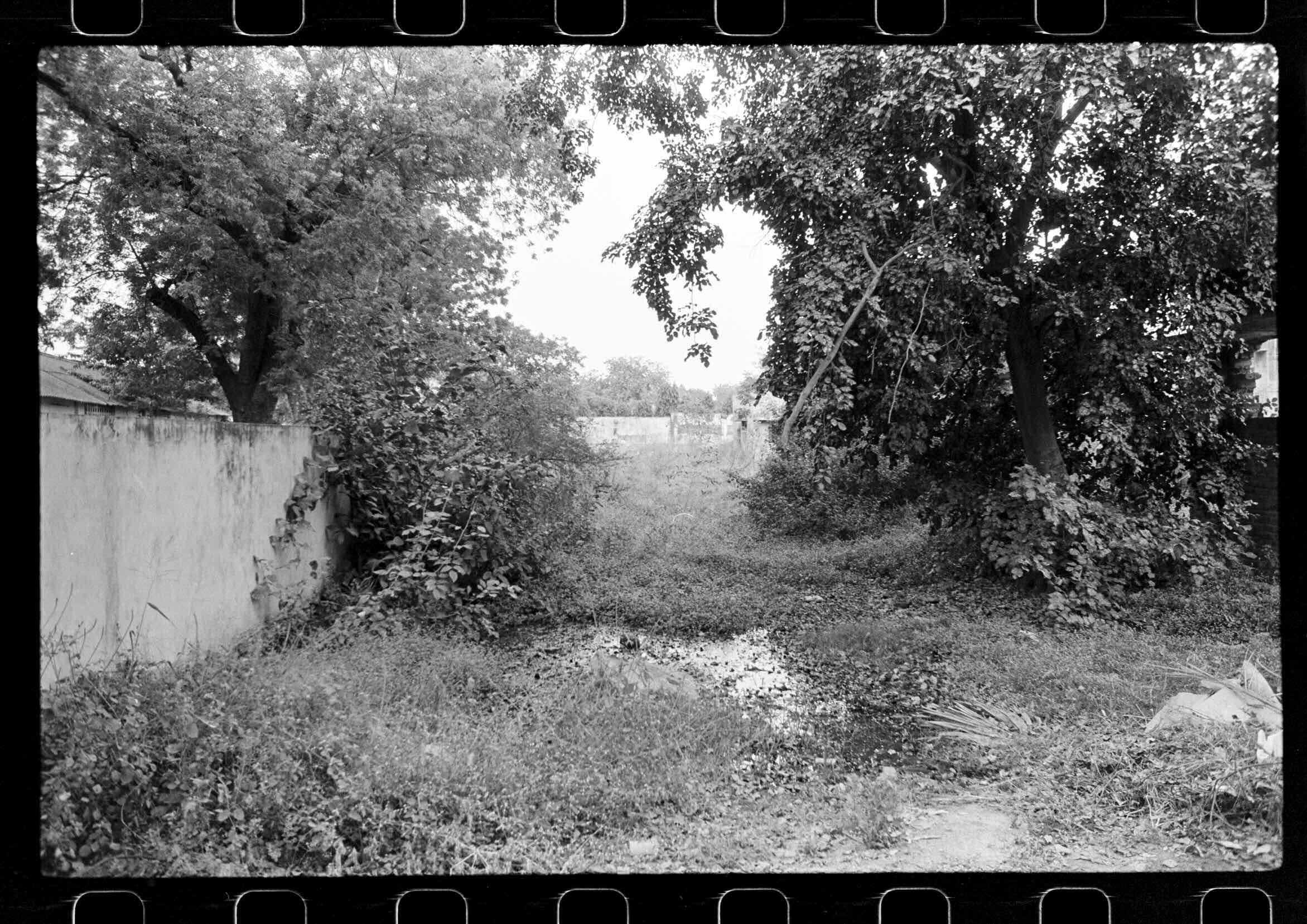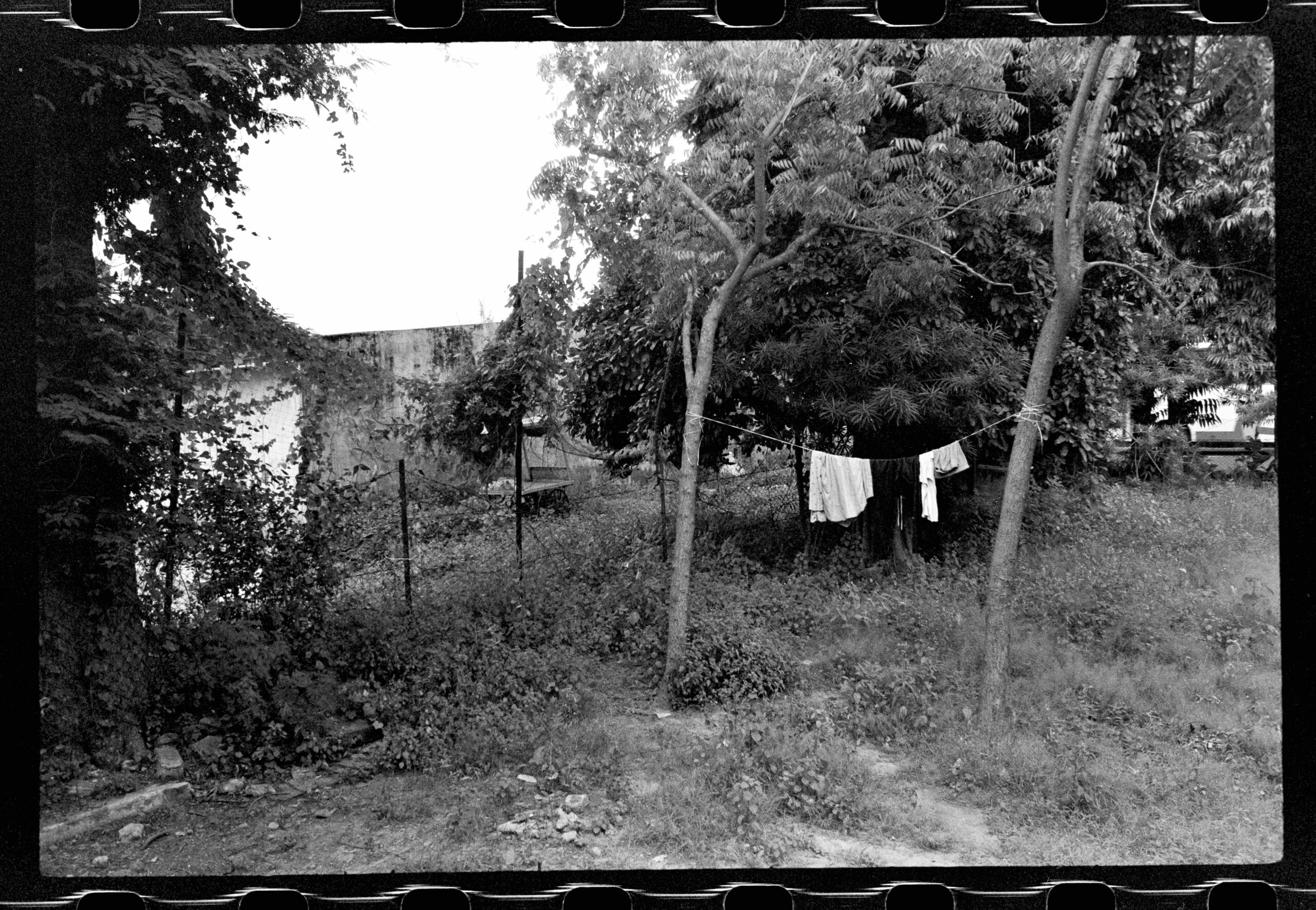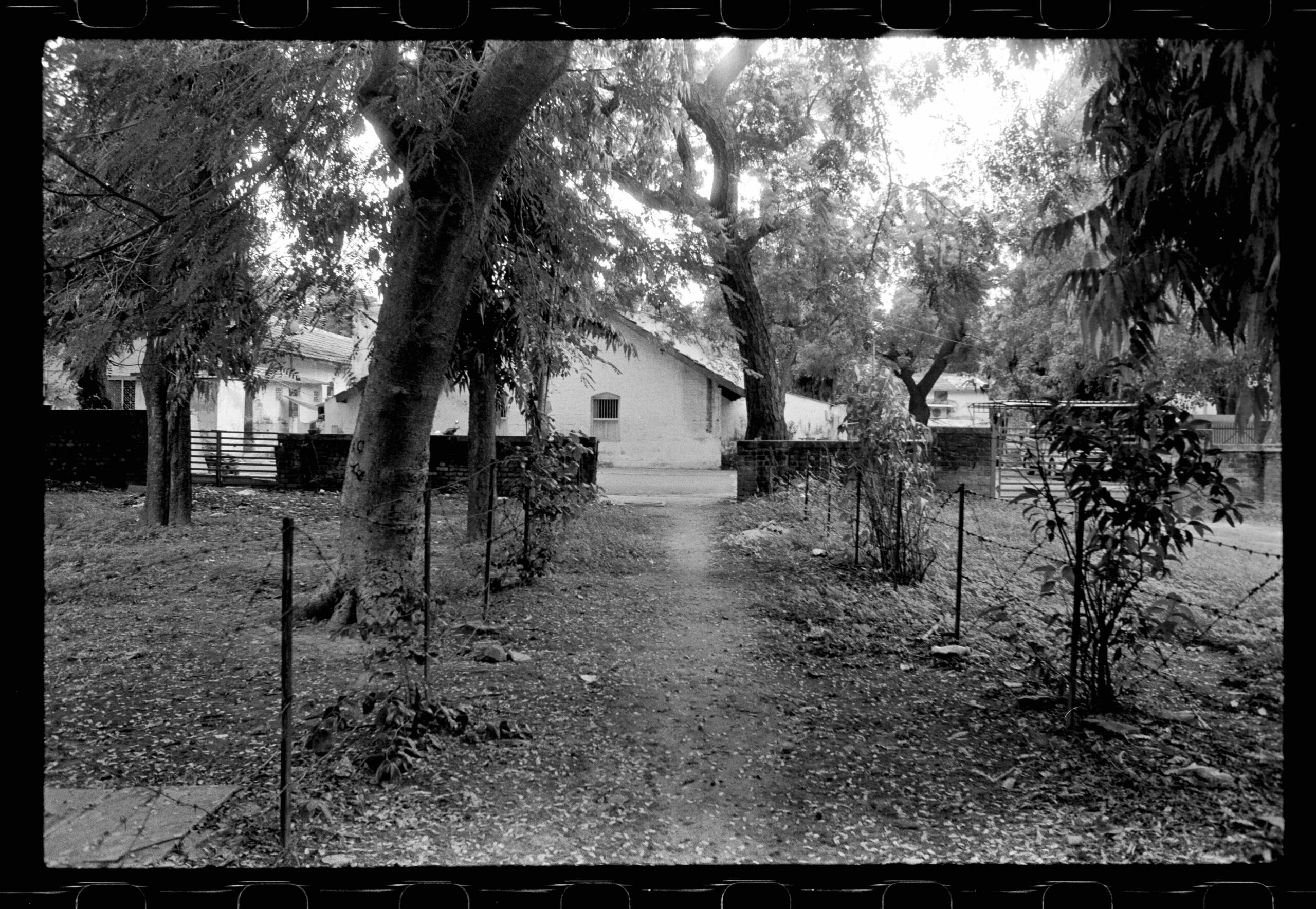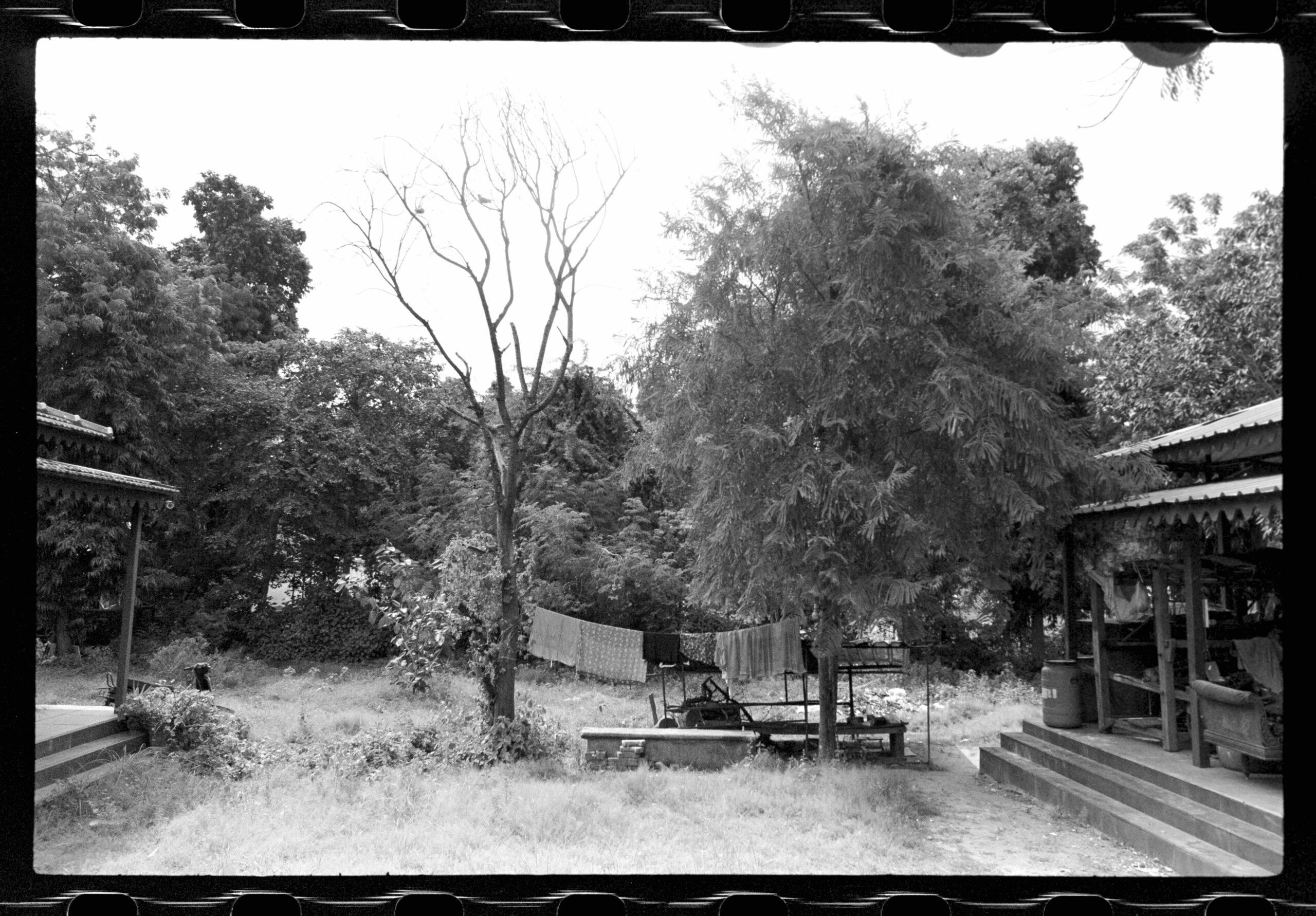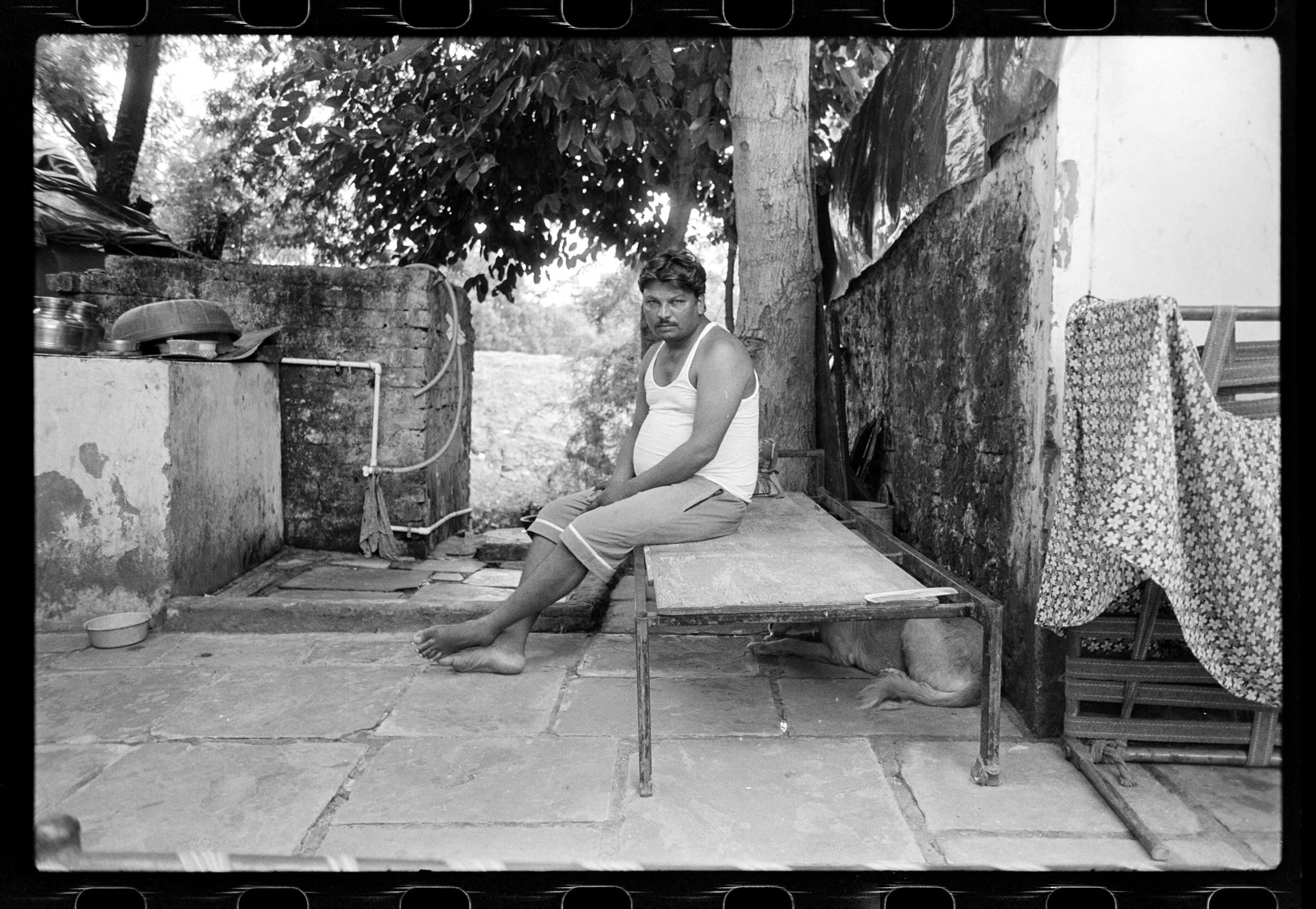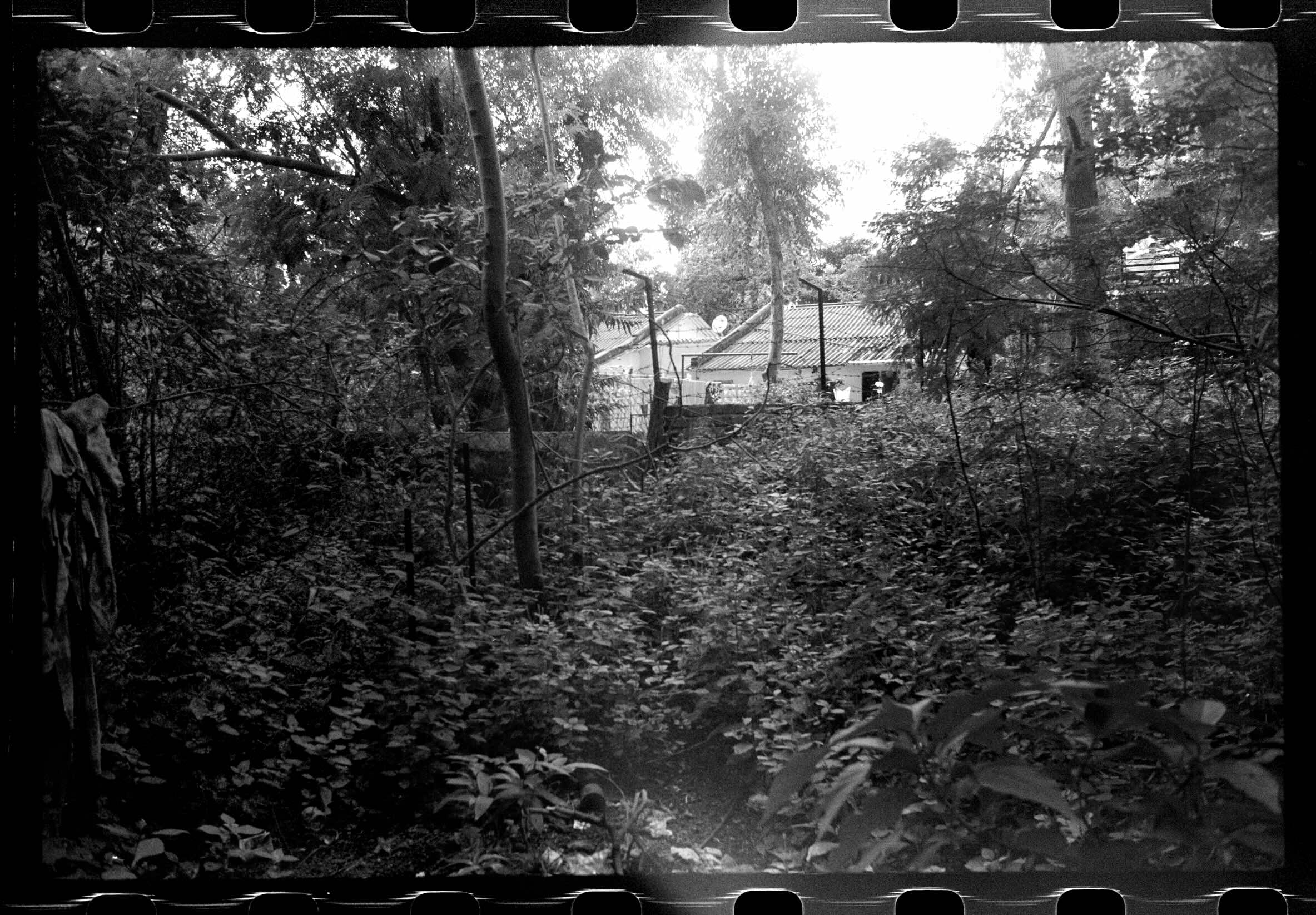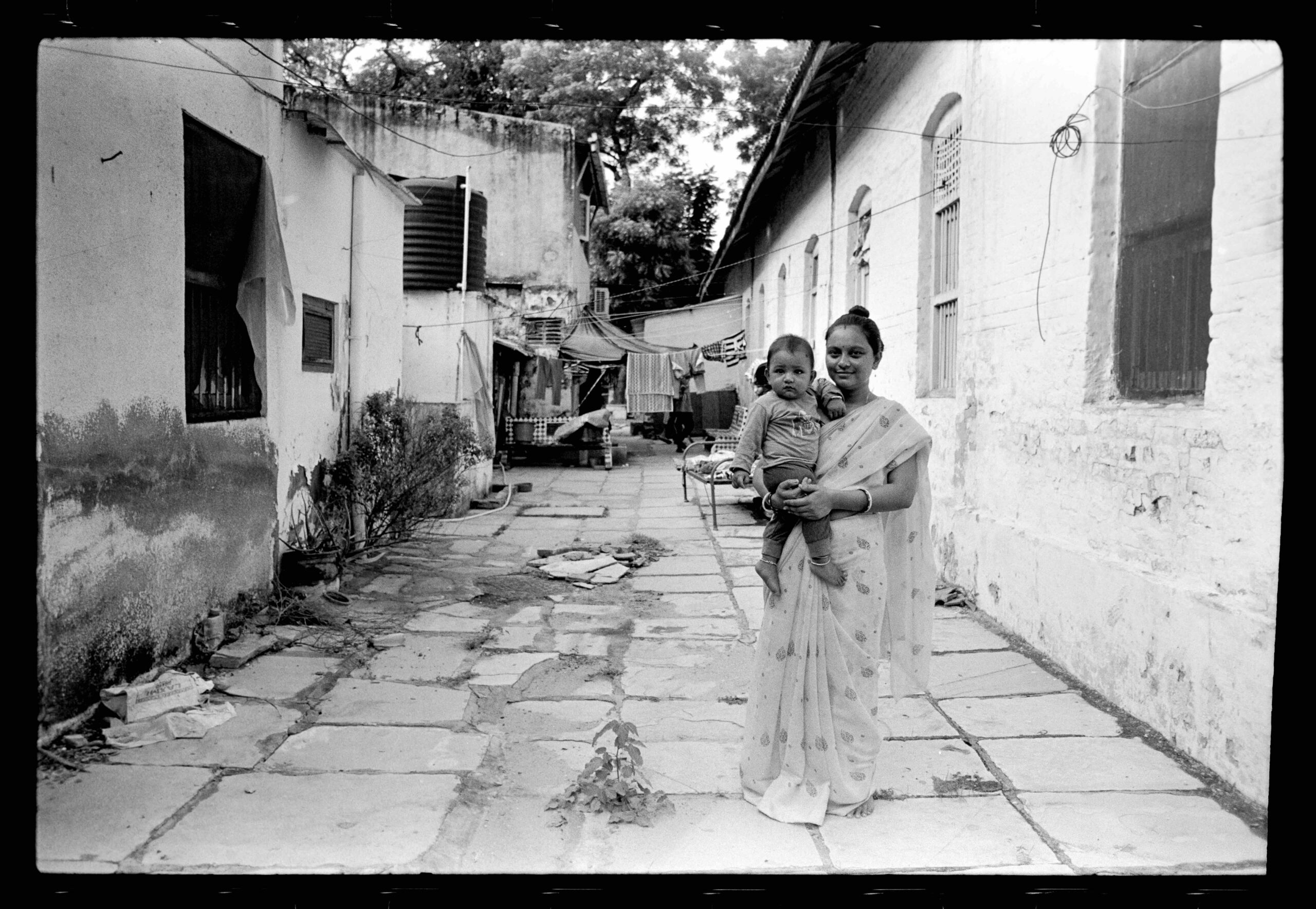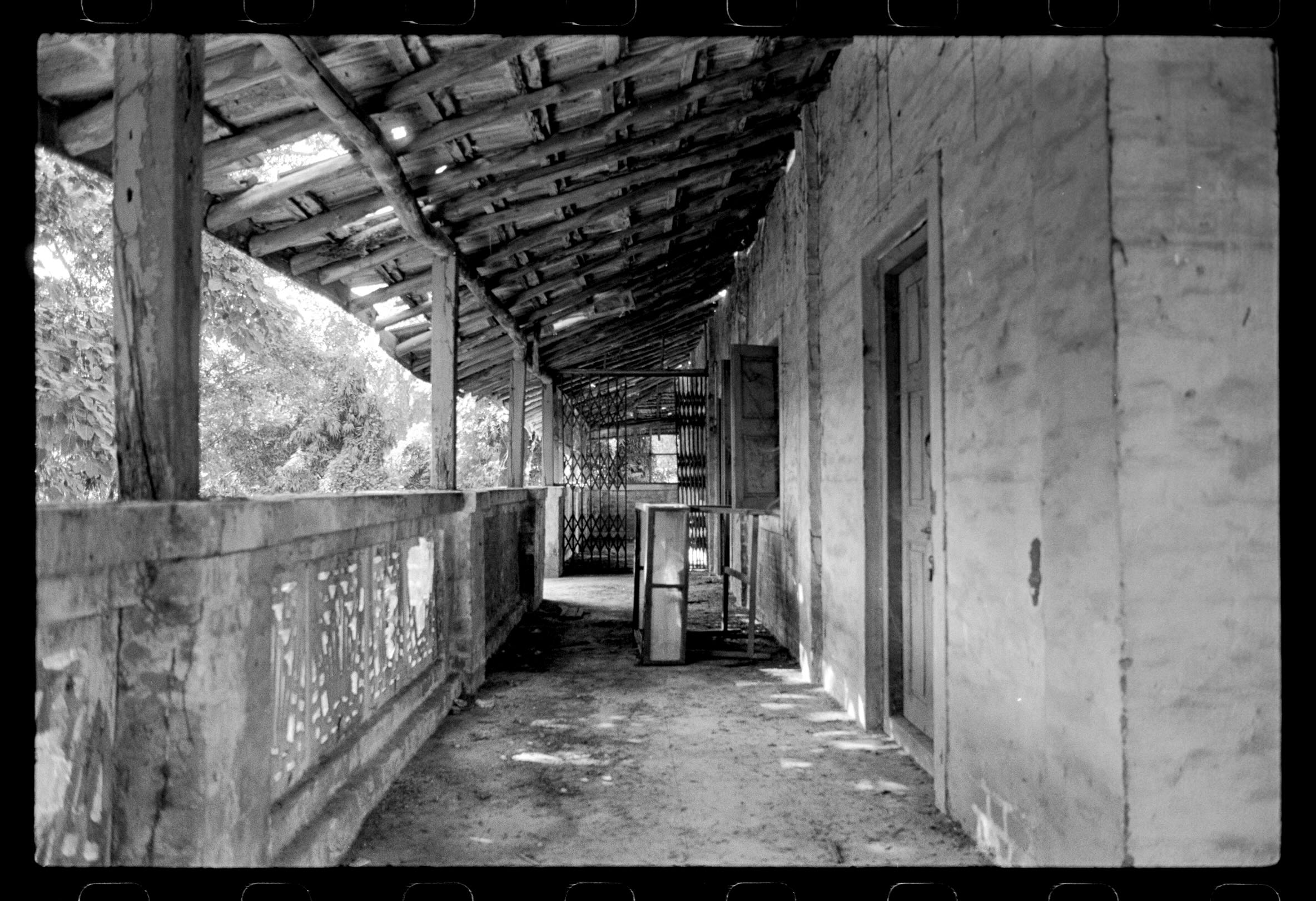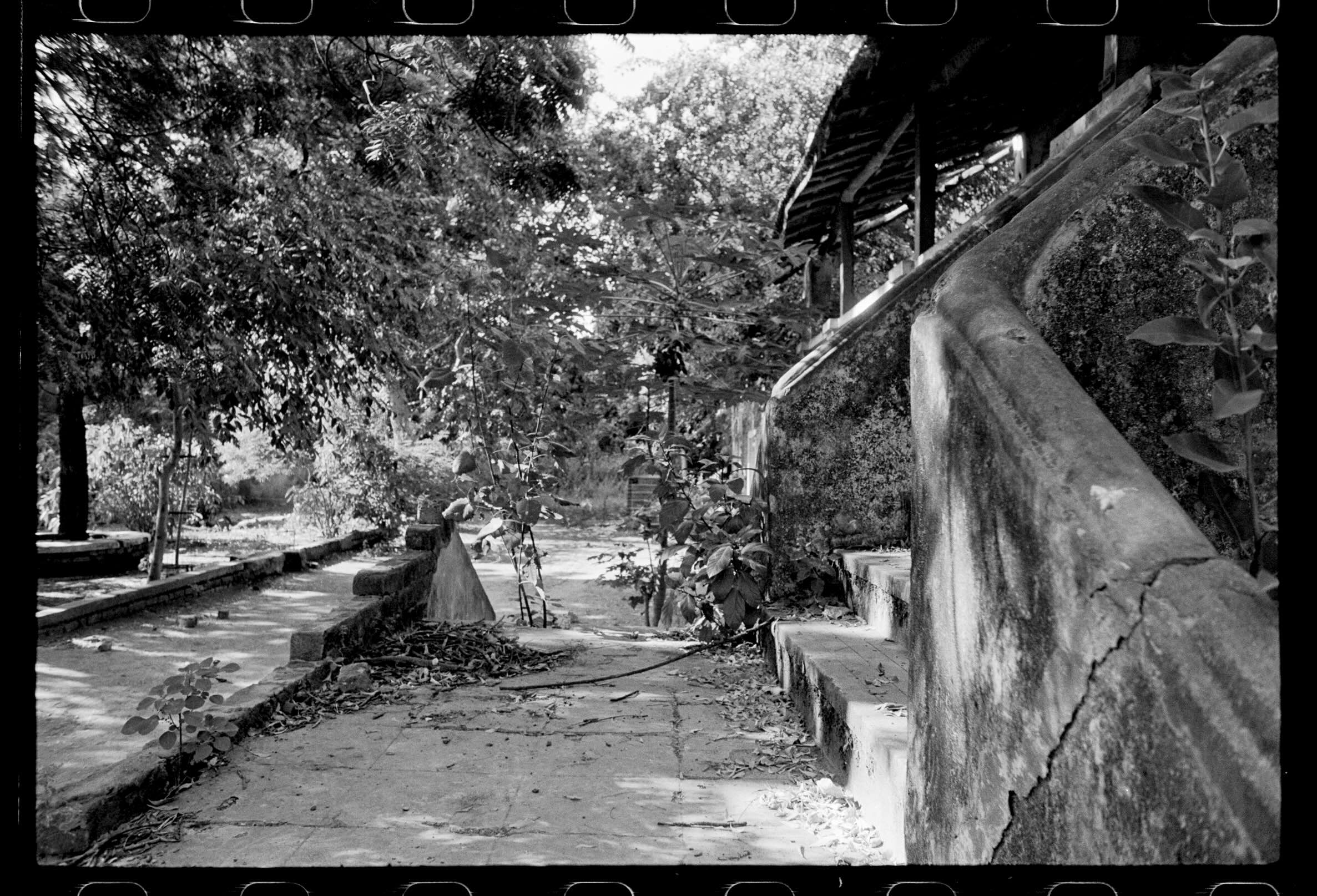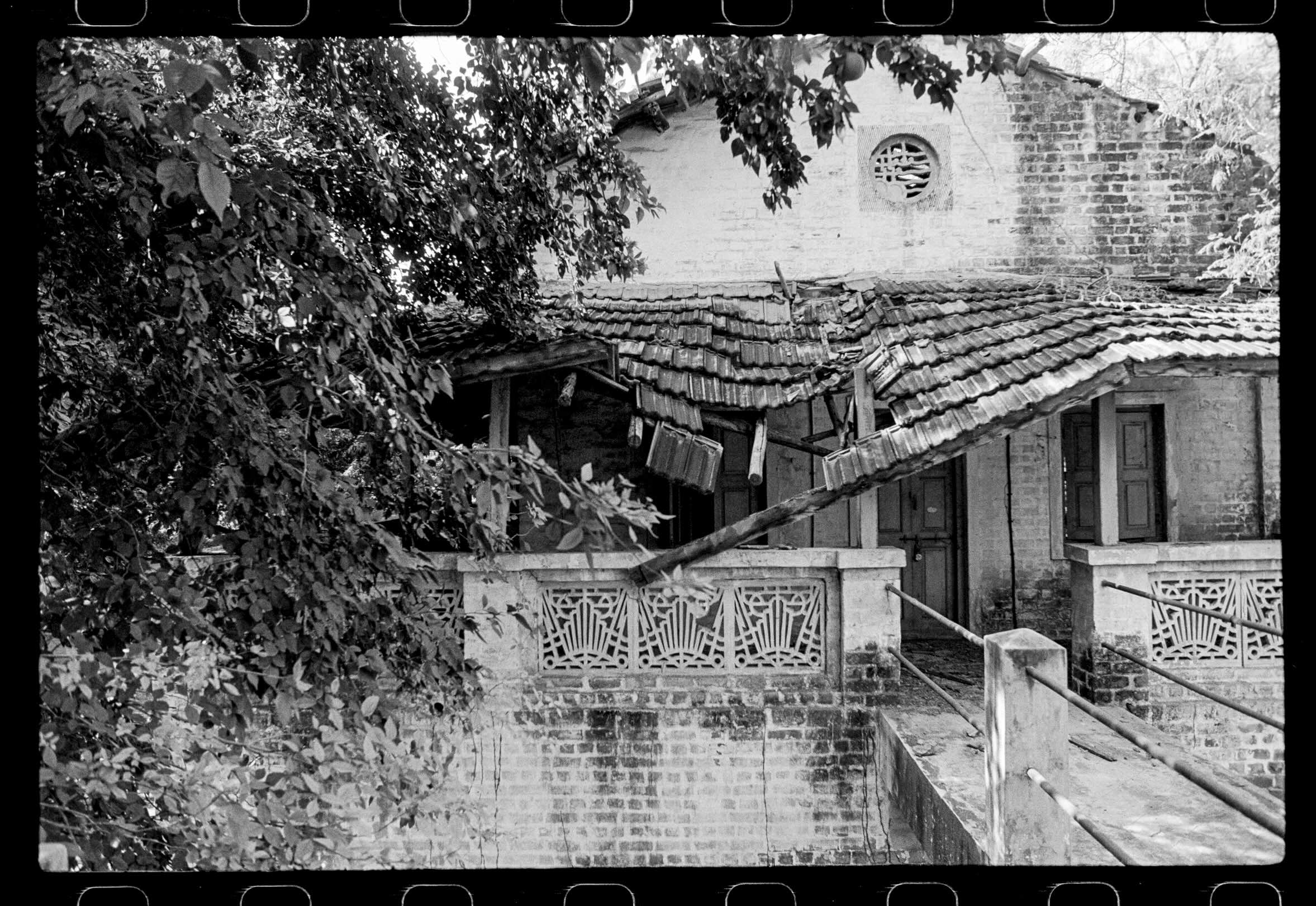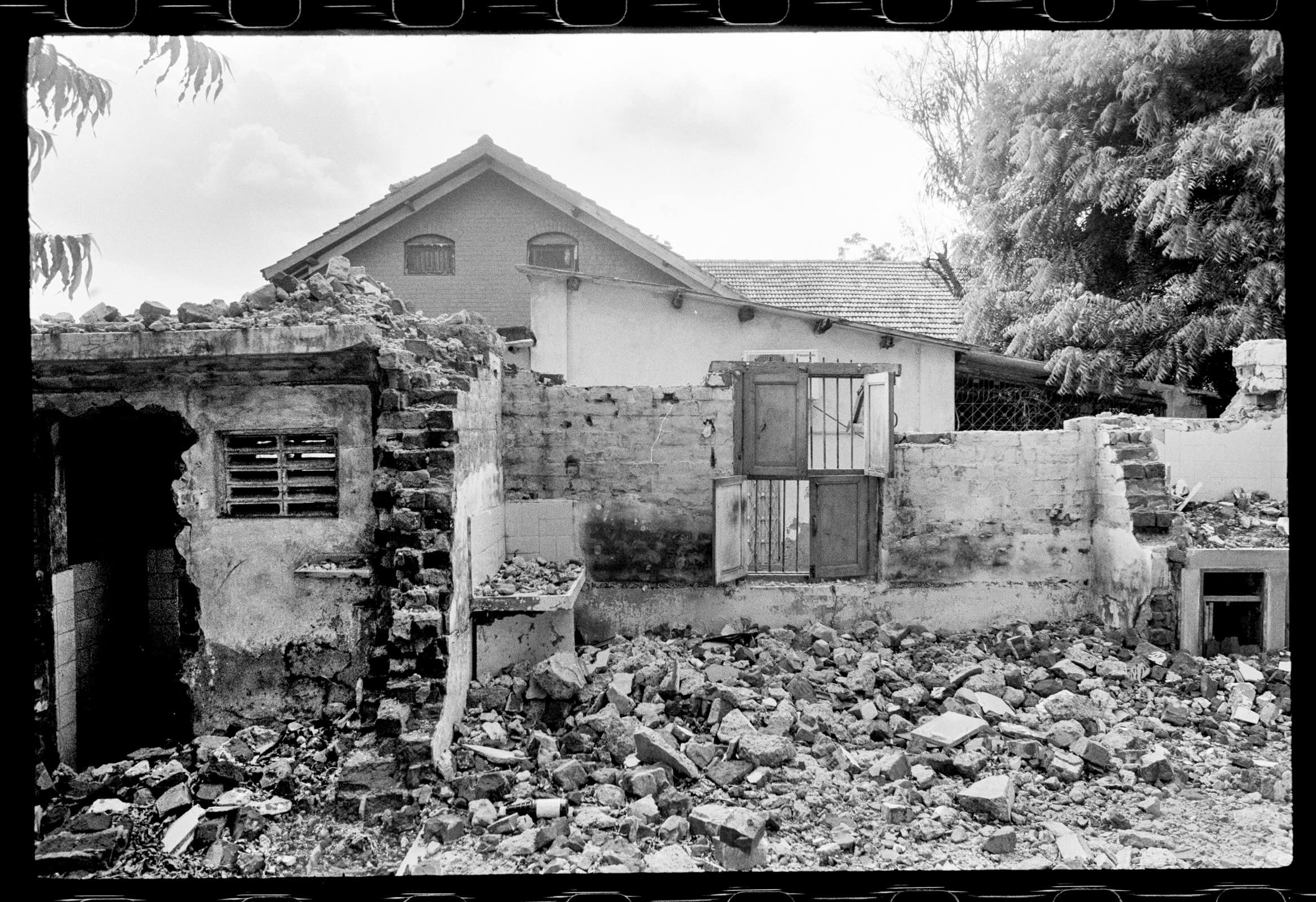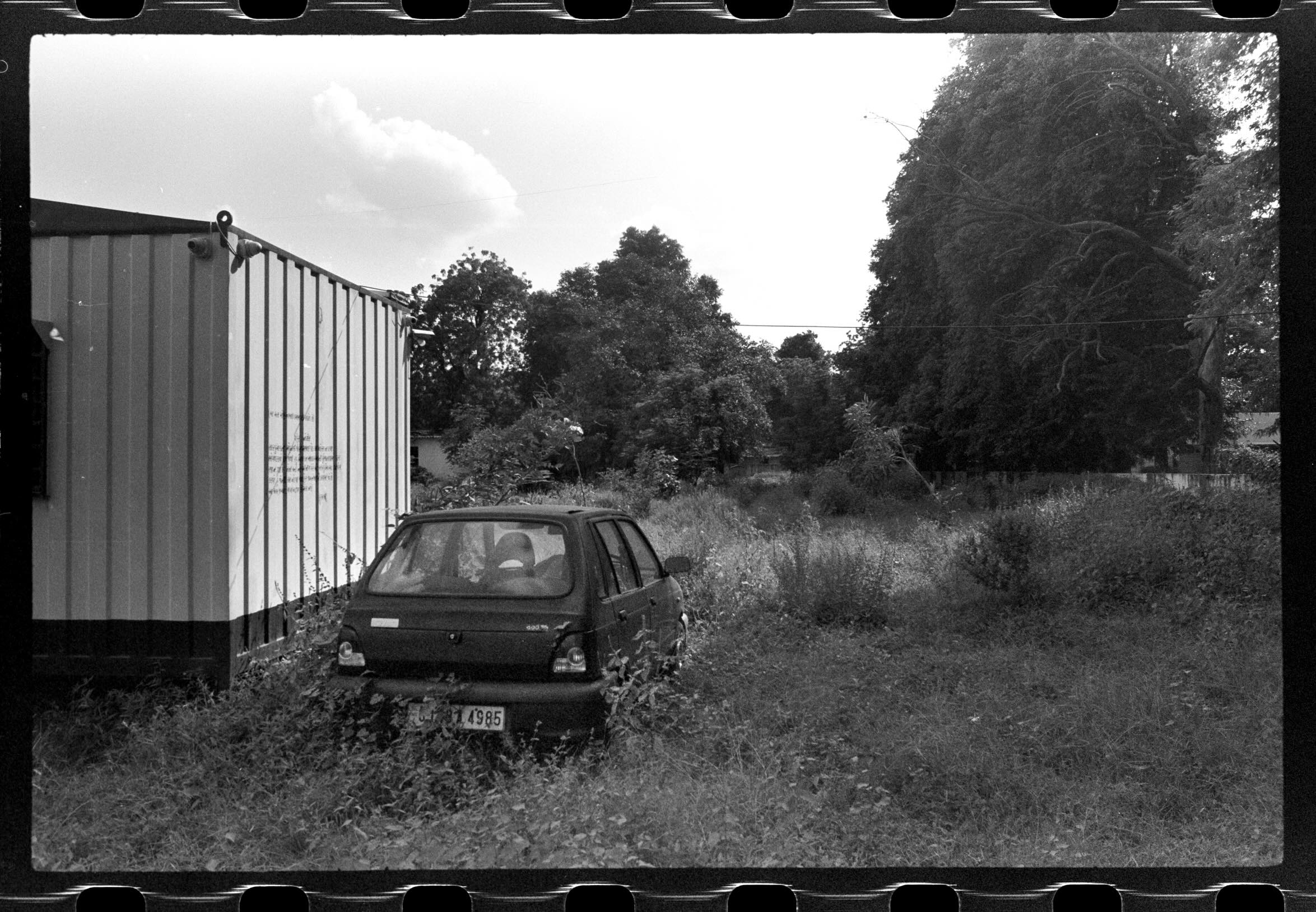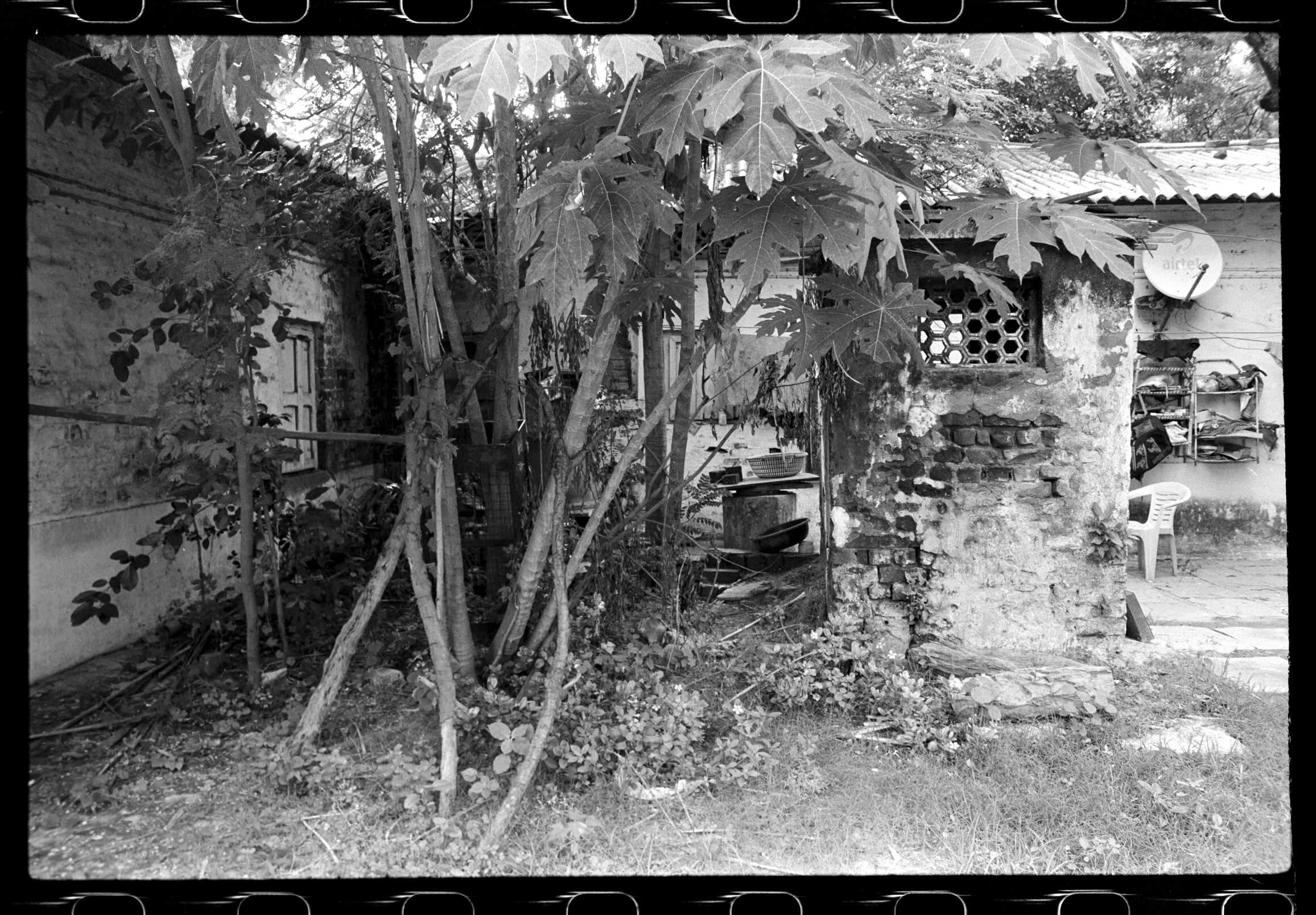Echoes by the River
Echoes by the river is a narrative about vibrations of the temporal world. The river is the Sabarmati by which the city of Ahmedabad was built. And the source event dates back to 1917, when M. K. Gandhi set up an Ashram on its bank. He went on to spend the next 13 years of his life there, almost in penance. The echoes of this event still resonate in the air, and on the grounds by the river.
These grounds are like a sanctuary: A utopian land right in the middle of the city that is somehow separated from the time and space that we live in. They’re like fossils preserved under the sediments of time while the rest of the world changed beyond recognition. The only difference is that unlike fossils, the Ashram still breaths the air it was setup in. This however is bound to change.
The Ashram precinct constitutes about 55 acres of land which is being re-developed under the government’s contentious Sabarmati Ashram Redevelopment Project scheme. In 2021, I started a photo documentation project to record what exists before the winds of change sweep these grounds. On my trips, along with my digital camera, I also carried an old analogue camera that I had recently serviced. Loaded with monochrome films I took these pictures along with my documentary work.
Over the past decade I’ve often wandered on these grounds, but mostly without a purpose. These pictures are like that. They don’t have a purpose. Perhaps, I could see them as pages of my diary, if I were to maintain one, about my meanderings.
Anuj Ambalal


